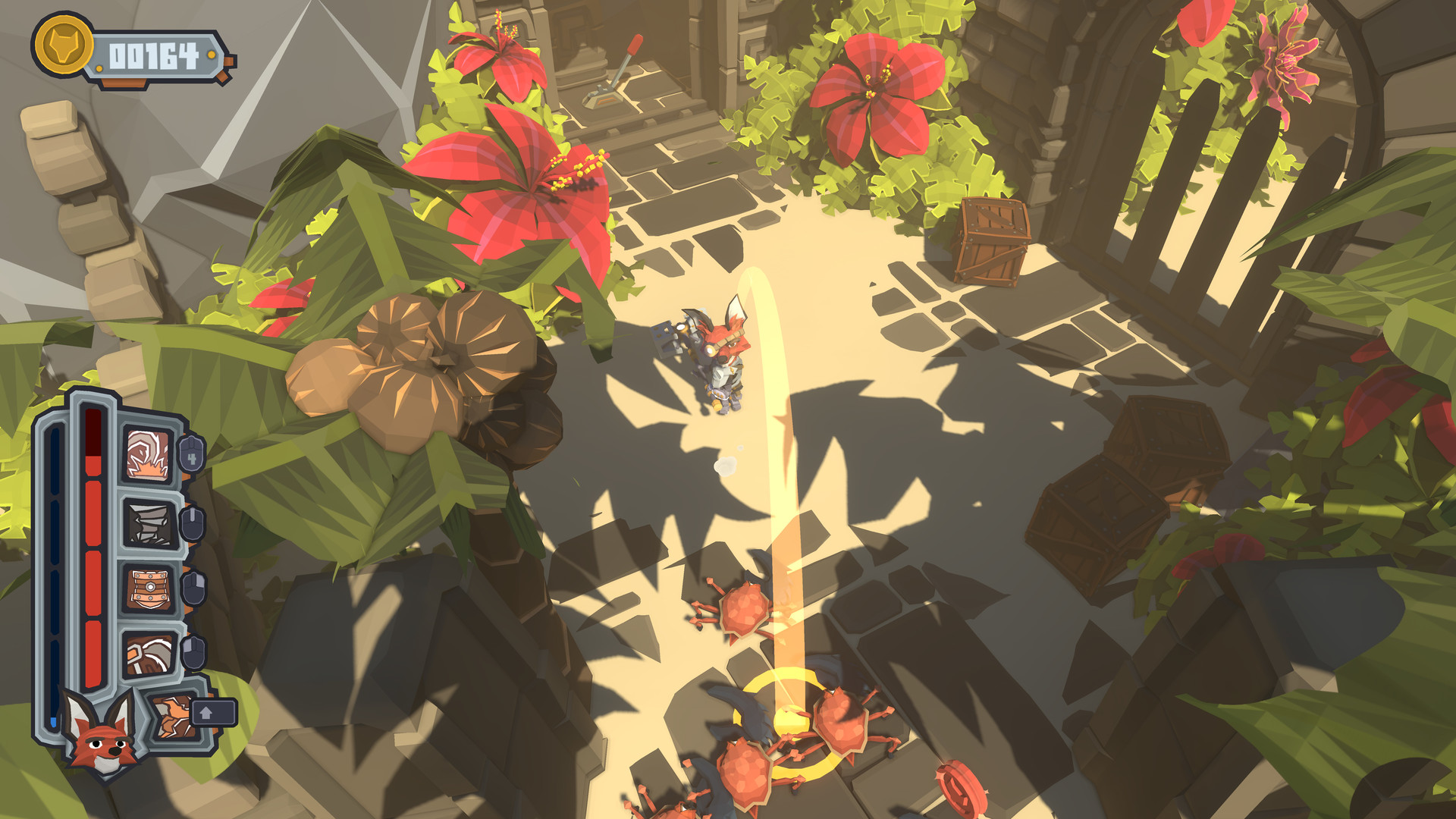



In April 2021, Baiq became one of three data collectors in three different communities to begin mobile octopus fisheries monitoring. Is it increasing, or decreasing? When is the most productive time? This will give us an understanding about fishers’ income, too,” she explained.Īnd recently, I learned something new: collecting data using a mobile phone,” said Baiq. I learned about how important it is to understand Arubara octopus production at different times. “I have been learning a lot about octopus fisheries for the past two years. “When the catch is abundant, it could take a whole day to input data to the book!” she added. “We record the fisher’s name, fishing location and time, the total of octopus caught, and details on the octopus like mantle length, sex, weight – and we write them all in the book,” said Baiq. That’s why participatory octopus fisheries monitoring is important, as the data can empower small-scale fishing communities to manage their fisheries more sustainably.īaiq meets fishers on the beach to record octopus catches | Photo: Indah Rufiati However, there is no national management plan in place for the fishery without management the fishery is likely to be overexploited. This demand is putting extreme pressure on the species and their survival. Indonesia is among the top 10 global octopus exporters, with an export volume of around 19,000 tons/year and average value of $90 million USD/year, and demand continues to increase. Tananua is one of Blue Ventures’ partners in Indonesia that we support in collaboration with Yayasan Pesisir Lestari. Since 2019, Tananua has been assisting octopus fishers in Arubara sub-village and the neighbouring Maurongga village to monitor their octopus catches. So, usually, me, the octopus fisher and buyer will do the data collection either in the landing site when a fisher comes back from the sea, or at the buyer’s house,” she added. “It started when Yayasan Tananua Flores (Tananua) introduced me to participatory fisheries monitoring. It has been an amazing journey for me, working together with octopus fishers and buyers in Arubara,” said Baiq. She works with octopus fishers in Arubara to record their catches, enabling them to start understanding more about their octopus fisheries. Baiq Asmini lives in Arubara, Ende Regency, Indonesia and has been an octopus data collector since 2019.


 0 kommentar(er)
0 kommentar(er)
